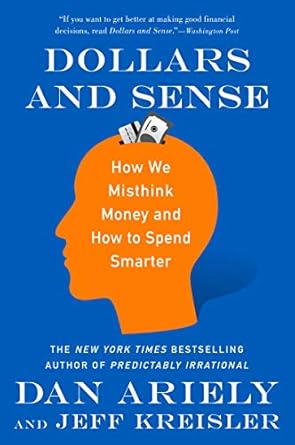Ulysses Pact
Named after Ulysses, in Homer's Odyssey. In the story, Ulysses understood the dangers of sailing close to the Sirens, a mythical creature to which many sailors had previously met their demise. The song of the Sirens was so enchanting that sailors could not resist following it and crashing their ships onto the rocks.
In planning his journey, Ulysses knew the danger ahead, but wanted to experience the beauty of the Sirens' song. He instructed his sailors to tie him to the mast of the ship, while the rest of the sailors cover their ears so he could listen to the Sirens but be unable to influence the direction of the ship.
Ulysses Pact is a common term given to "commitment devices" - a decision in the present that creates barriers to future temptation. Commitment devices work best when, like Ulysses, we: (1) have a clear understanding of some future benefit (2) understand the potential temptation or risks ahead.
Key Insights & Principles
Habits & Personal Management
Insights:- It is often more effective to commit to future actions than acting in the moment.
- Commitment strategies work well if risk can be anticipated, and removing temptation is possible.
- We usually act when options are limited.
- Including other in our commitments is usually effective.
- Restrict choices to only the right actions.
- Anticipate future temptation. Overestimate their impact. Develop optimal actions when they occur.
Personal Finance
Insights:- Commitment devices for savings are very effective.
- Commit to automated savings.
- Ensure limited access to expensive credit.







